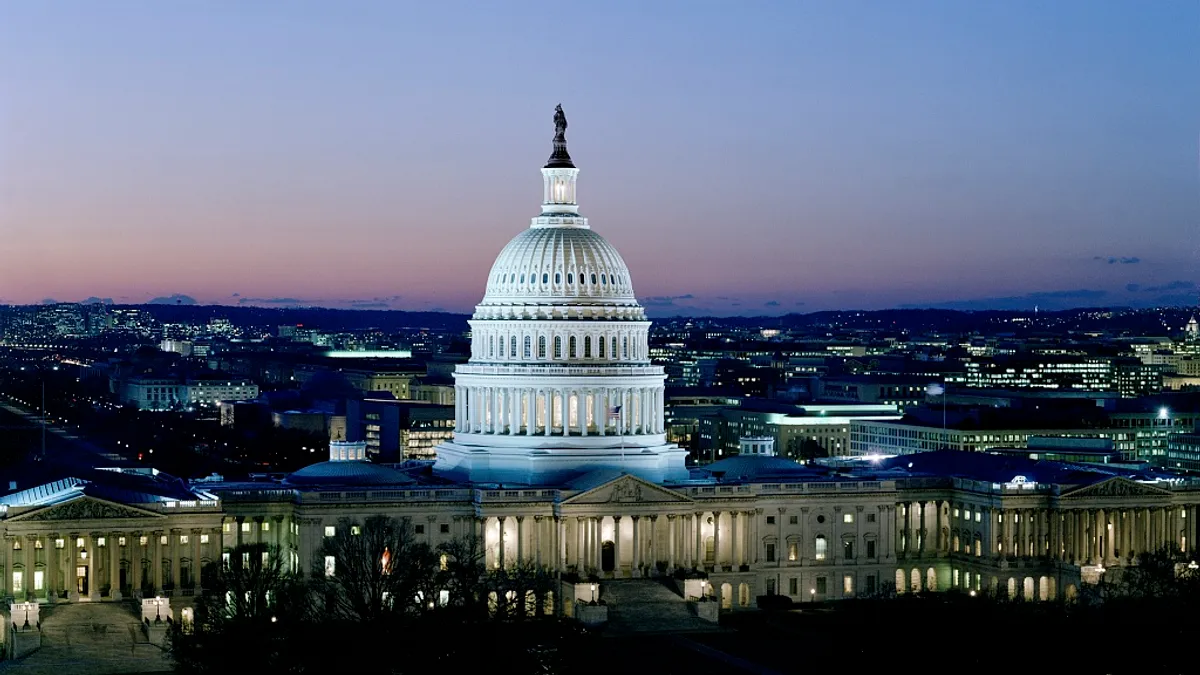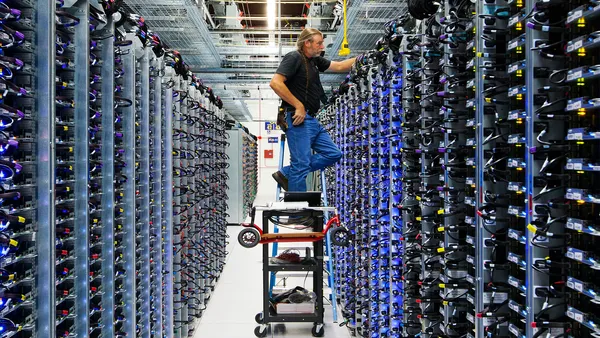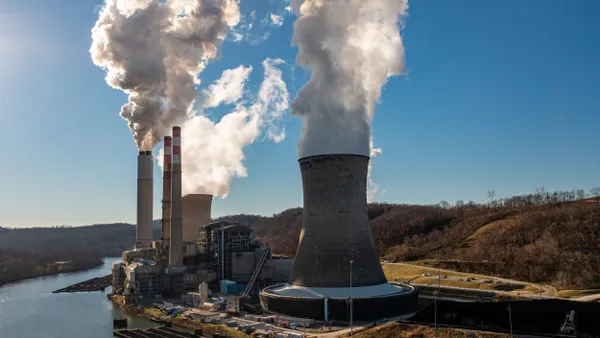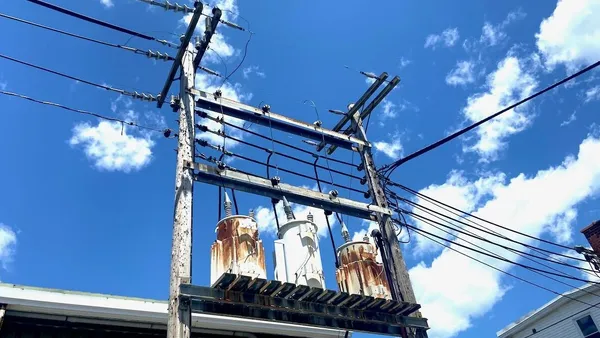Dive Brief:
- Utility regulators in Washington, D.C., have launched a formal docket to consider modernizing the city's electric grid and investigate ways to bring on more renewable effort, mirroring efforts taken in states like California and New York.
- The commission has issued a report, Modernizing the Energy Delivery System for Increased Sustainability (MEDSIS), to serve as a starting point for discussions on increasing sustainability, and is requesting public comment through March.
- Efforts will use $25 million earmarked for grid modernization as part of the Pepco-Exelon merger to roll out pilot and demonstration projects.
Dive Insight:
The nation's capital, home to about 650,000 residents, will investigate ways to make the electric system more efficient, resilient and sustainable, part of a formal docket launched this week to revamp how power is delivered.
The effort mirrors grid modernization efforts in other states — New York's Reforming the Energy Vision is perhaps most well-known and comprehensive — but the city acknowledged that its size, geography, needs and resource mix make its challenges distinct.
The MEDSIS report notes that while California and New York are leading the national debate, "each of these states would rank among the major economies of the world if they were independent nations." Customers in Hawaii, "a leading jurisdiction on the use of renewables," pay three times the District's average per-kWh rate and are isolated.
Attorney Advisor Naza Shelley led PSC efforts to develop the MEDSIS reprt, and said in a statement that commission staff are hoping it will "facilitate the removal of regulatory barriers to modernizing the District’s energy distribution system."
The report identified several barriers to distributed resource penetration: lack of a streamlined certification process for solar generation; limiting net metering services for distributed generation to 1 MW or less; and lack of a streamlined certification process for fuel cells and combined heat-power projects in the 5 MW to 20 MW range. The report also cited a "lack of enforcement provisions related to interconnection regulations," and "enhanced consumer protection procedures for rule violators."
The report also calls for an examination of public-sited microgrids in District, "including the potential benefits of such microgrids as well as the foreseeable problems that untested microgrid business models may present."
Regulators will hold a town hall meeting Feb. 28 to take public comment, and will take comment thru March 27.















